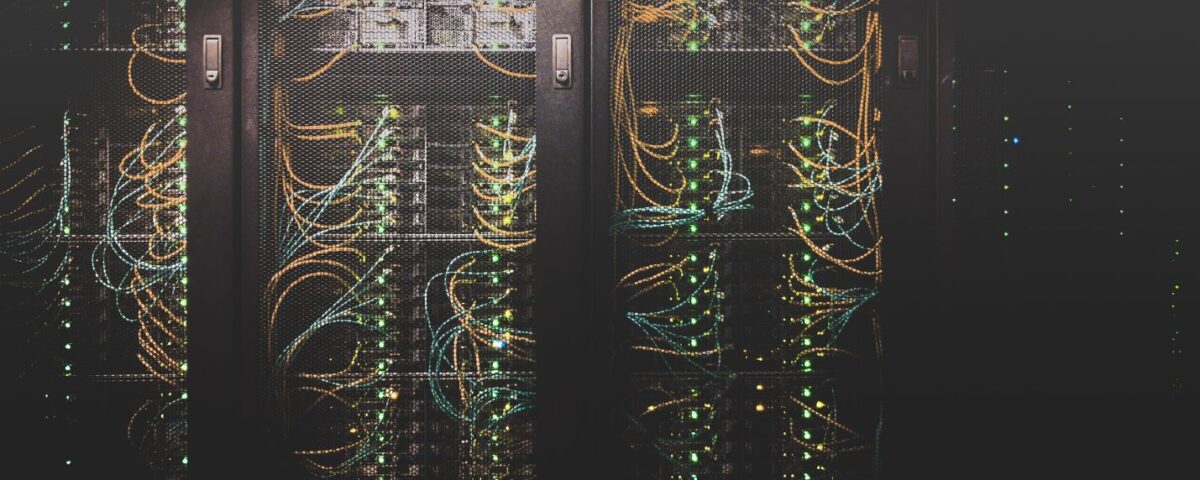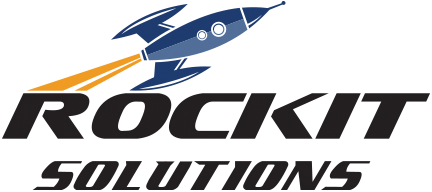Types of Servers

RockIT Solutions consults on, implements, manages and maintains Best Practice Server Solutions in the Small Business market. Windows Server Operating Systems can fulfil numerous roles that all drive productivity with baked in security. An on-premise server delivers value to small businesses in numerous ways. Front-office or back, here are a few server types some of our Small Business clients leverage for success on a daily basis.
Remote Desktop Server
The primary benefit of a Remote Desktop Server is Centralized Application and User Account Management. In a traditional small office, every computer has its own unique applications and its own unique user accounts. These things must be managed on an individual basis and that is a time sink. With a remote desktop server, this is distilled down to one platform providing one place to update and upgrade apps, one place to have to license those apps and one place to manage user accounts. Combine this server type with a VPN capable Firewall and a laptop and your office can be anywhere there is an internet connection. This solution also opens the door to lower cost “Thin/Thick Client” style workstations.
File Server
Again, referencing that typical small office, company files are everywhere and there are disparate datasets. Staff share files with flash drives and email and these files are rarely backed up, if ever. A File Server consolidates and secures important data on a hardware and software platform that is hardened against failure, designed to be secure and stable. Documents, spreadsheets, and scanned files can be vital to daily operations and database files can represent thousands of hours of data entry. All that cost to create will cost to recreate. Should data be deleted, lost, corrupt or otherwise damaged beyond recovery, the impact to a business’s daily operation can be tremendous. Combine a File Server with a robust backup scheme and the security of a company’s data is never in question.
Active Directory & Group Policy
A good way to improve any businesses security posture while additionally providing for compliance requirements for CMMC/CIS/PCI and other regulatory requirements is to implement an Active Directory Server. Active Directory centralizes user management and allows for the use of Group Policy. Referencing that ubiquitous small office, every computer has its own unique user account that must be managed at the computer level = High Administrative Effort. In an office of 5, this is not unmanageable however in an office of 20, managing these user accounts can quickly become an IT headache. Active Directory centralizes all the businesses computer users and connects their computers to an active database that controls how and when a user can log in. Further, Group Policy granularly controls what happens at the desktop level and can perform functions at login such as enforcing password complexity, mapping network drives and printers, prevention of external media usage and much much more through a single pane of glass.
Database Server
As companies grow, they face unique challenges when it comes to sharing information. Lucky for you, RockIT Solutions knows all about productivity. A typical small office shares a company file from a desktop computer and the employee sitting at that computer is responsible for back up of that file. This scenario provides for a single point of failure while leaving a lot of room for human error. Deploying a robust database server in support of a medium to large firm provides for secure, flexible collaboration and database connectivity for all staff members. Combine one or more of the previously described server roles and you have a tool to super charge productivity while protecting that vital company data.
Are you interested in learning more? Call us today!
